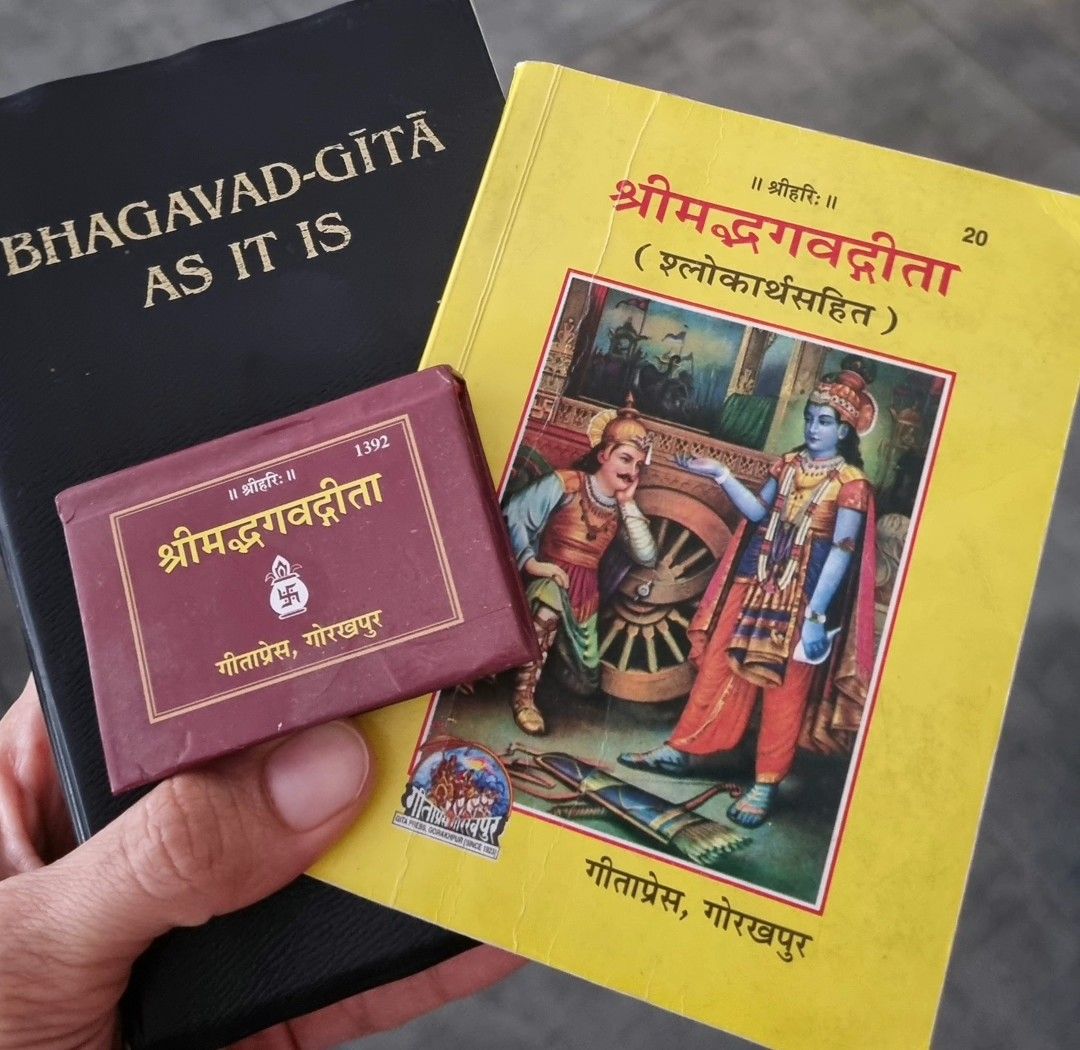Perhaps the biggest question people have about yoga is what exactly is it? In the yoga marketplace there are a plethora of classes available. From chanting to asana to meditation to candle gazing…what is yoga? And more importantly, if I want to practice it, do I have to do all of the above or is there an easier way?
What is Yoga?
Put very very simply, yoga is an Indian philosophy with its origins in the Vedas, which deals with a human being’s mental and physical state. The ultimate goal of practicing this philosophy is to gain enlightenment, called samadhi in yoga. Many philosophers have codified this practice, most notably Patanjali in his Yoga Sutras. However, there have been other sages/philosophers who have contributed to this vast corpus of literature, such as Sage Swatmarama and Sage Vashishta to name a few.
I feel the essence of yoga can’t be encapsulated in a definition, an entire book, or even a 2-year long university course. It is as much a philosophy as it is a practice. It is as much candle gazing as it is trikonasana.
However, there are a few definitions that can help you get started, and which encompass the wide variety of things that encompass yoga.
Definitions
युज्यते अनेन इति योगः। – Panini
(Ujyate anena iti yogah.)
(Joining the individual soul to the universal soul.)
Panini in his exhaustive text about the roots of Sanskrit words (called Dhatupatah), has conjugated the root word of yoga, ‘yuj’ several times, and each conjugation has a different meaning. Sometimes it means the state of samadhi, sometimes control, and also joining or yoking together. Scholars have extrapolated that to mean that yoga is the joining of the individual soul to the universal soul.
तां योगमिति मन्यन्ते स्थिरामिन्द्रियधारणाम्। – Kathopanishad, Verse 2.3.11
Tam yogam iti manyante stiram inndriya dharanam.
(Yoga is holding the senses steady.)
The Kathopanishad is the story of Nachiketas asking Yamaraja (the God of Death) questions about aatma, the soul, the nature of man, and about what happens to us after we die. During their interaction Yamaraja tells Nachiketas that holding the senses steady is yoga because according to him we grow and decay and real yoga happens when you can remain steady during this process.
मन:प्रशमन उपाय:योग इत्यभिधीयते। – Yoga Vasistha, Verse 3.9. 32
Manah prasamano payah yogah itibhidhiyate.
(A technique to make the mind quiet is yoga.)
The Yoga Vasistha is an important yogic text attributed to Sage Vasistha. It talks about the how the individual soul can unite with the cosmic soul despite the trials and tribulations of daily life. Like the Upanishads, it emphasises the importance of self-enquiry to understand ourselves and the universe.
The Yoga Vasistha is attributed to Sage Vasistha.
योगश्चित्तवृत्तिनिरोधः। – Patanjali Yoga Sutras, Verse 1.2
Yogah chitta vritti nirodhah.
(Yoga is calming the disturbances of the mind.)
Sage Patanjali compiled his Yoga Sutras between 400-500 BC. Divided into four chapters, the Yoga Sutras of Patanjali outline how to attain samadhi through the practice of yoga. It is arguably one of the most widely read yogic texts.
Here’s a blog I wrote about the vibhutis or magical powers that a yoga seeker can acquire on his yogic journey. Some things on this list will surprise you!
योगस्थ: कुरु कर्माणि सङ्गं त्यक्त्वा धनञ्जय |
सिद्ध्यसिद्ध्यो: समो भूत्वा समत्वं योग उच्यते – Bhagvad-Gita, Verse 2.48
Samatvam yoga ucchyate.
(Yoga is a state of equanimity.)
In this long conversation between Krishna and Arjuna, Arjuna repeatedly expresses his misgivings about the war. Krishna patiently explains the concept of dharma and the importance of following that dharma to Arjuna and guides him to do what is right.
At least one of these texts is studied by most yoga students in their life times. On my part, I’m currently studying the Kathopanishad, teaching the Bhagavad Gita and continue to study the Patanjali Yoga Sutras.
What other definitions/texts do you feel should be included in this list?

The Bhagavad Gita is the most widely studied yogic text in the world.
